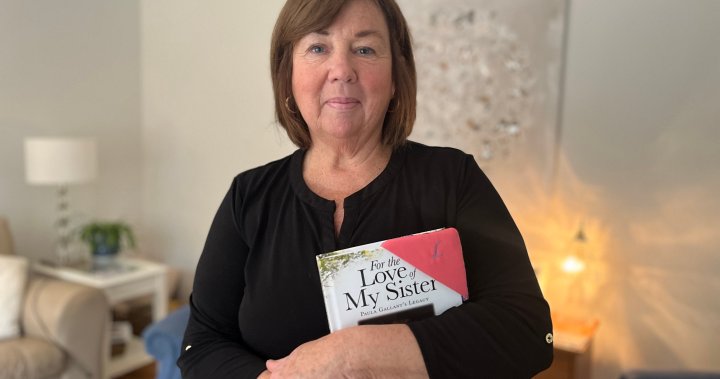The tragic murder of Paula Gallant, a Nova Scotian elementary school teacher, by her husband 19 years ago continues to resonate, particularly in light of the escalating rates of intimate partner violence in the province. Paula’s sisters, unwilling to let her memory fade, remain steadfast advocates for change, highlighting the pervasive nature of such violence and the urgent need for preventative measures. The recent spate of domestic violence homicides, including five women and one father killed by male partners since October 2024, serves as a chilling reminder of the ongoing crisis. These murder-suicides, occurring mere months after the provincial legislature declared domestic violence an epidemic, underscore the critical need for action and resources to combat this devastating trend.
Paula’s case, marked by a four-year wait for her husband’s confession and subsequent life sentence for second-degree murder, highlights the complexities and protracted nature of these cases. Her sister, Lynn Gallant-Blackburn, has dedicated herself to advocating for victims of gender-based violence, determined to remember Paula as more than a statistic. She emphasizes the importance of telling victims’ stories, ensuring their lives and struggles are not forgotten amid the overwhelming statistics. Gallant-Blackburn’s commitment underscores the profound impact of these crimes on surviving family members and their enduring dedication to seeking justice and systemic change.
The alarming rise in domestic violence rates in Nova Scotia, despite the declaration of an epidemic, raises concerns about the efficacy of current strategies. Gallant-Blackburn, along with other advocates, calls for a provincial roundtable involving government officials and experts in the field of men’s violence against women. This collaborative approach aims to address the root causes of the issue and develop comprehensive solutions. The demand for increased funding for resources such as transition houses, sexual assault centres, legal and victim services reflects the dire need for substantial investment in support systems for victims and survivors.
The urgency of the situation is amplified by an open letter from over a dozen gender-based violence groups urging Premier Tim Houston and relevant ministers to take decisive action. The letter emphasizes the need for not only acknowledgement but also substantial commitment in the form of “epidemic-level funding” to address the overwhelming demand for services. The lack of “tangible commitments” highlights a gap between rhetoric and action, emphasizing the need for substantial financial investment to provide adequate support and resources for victims and survivors. The Attorney General and Justice Minister’s commitment to a meeting provides a glimmer of hope for progress, but concrete action and resource allocation remain crucial.
For families like Paula Gallant’s, each instance of intimate partner violence is a painful reminder of their own loss and the widespread nature of the problem. The emotional toll of reliving these traumas highlights the importance of support and understanding for families navigating the aftermath of such tragedies. Gallant-Blackburn’s decision to publish a book sharing her sister’s story serves as both a tribute to Paula’s life and a call to action for others to speak out and support victims and survivors. She underscores the importance of remembering these women as individuals, not simply statistics, and fighting to prevent future tragedies.
The ongoing struggle to combat intimate partner violence in Nova Scotia requires a multifaceted approach. Increased funding for vital resources, collaborative efforts between government officials and experts, and a sustained commitment to holding perpetrators accountable are crucial steps towards creating a safer environment for women and preventing future tragedies. The stories of victims like Paula Gallant serve as powerful reminders of the human cost of this violence and the urgent need for continued advocacy and systemic change. The dedication of families and advocates provides a beacon of hope in the ongoing fight to end gender-based violence and ensure that no more lives are lost.










